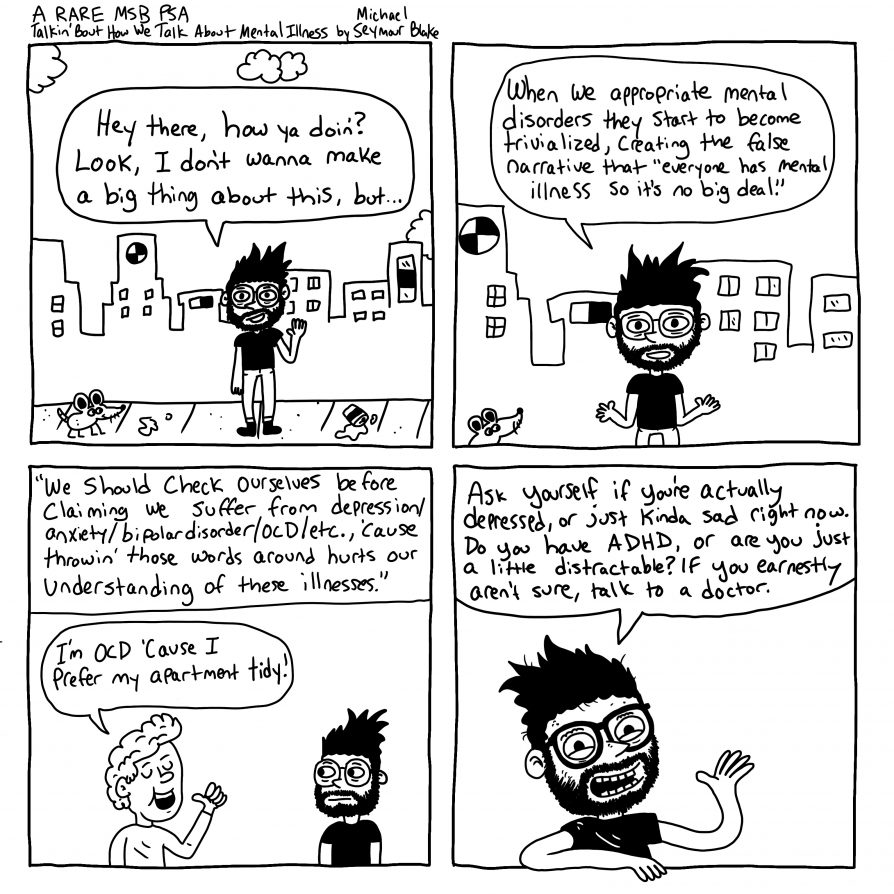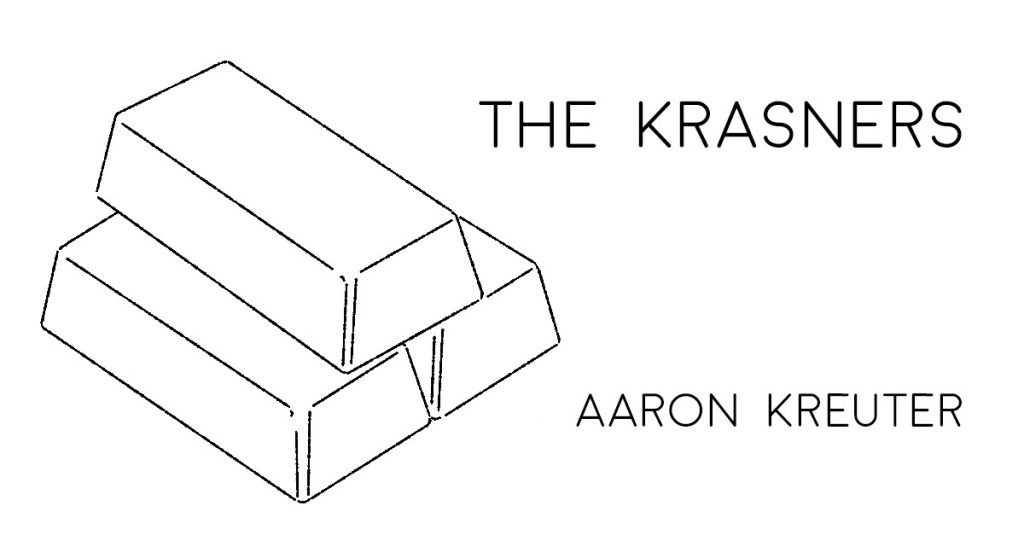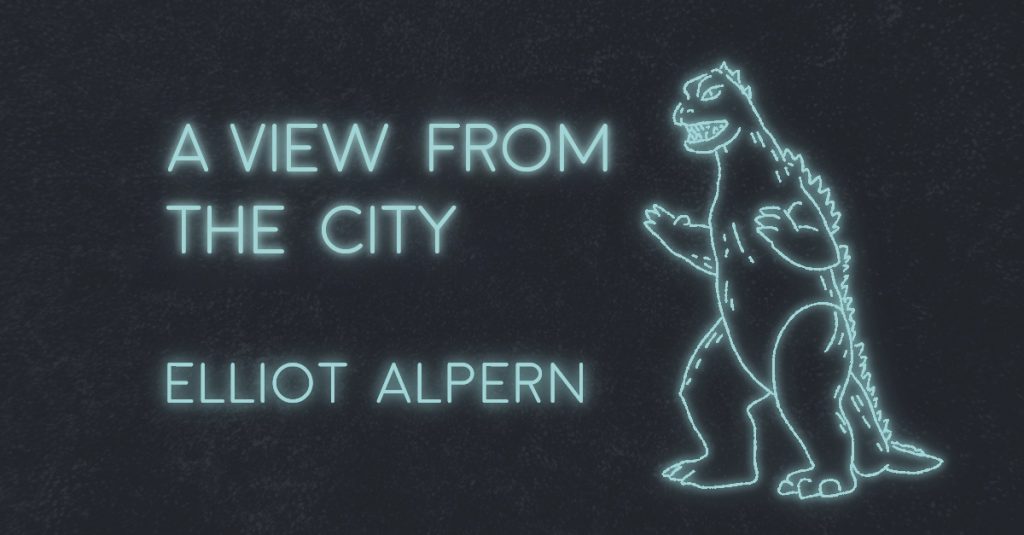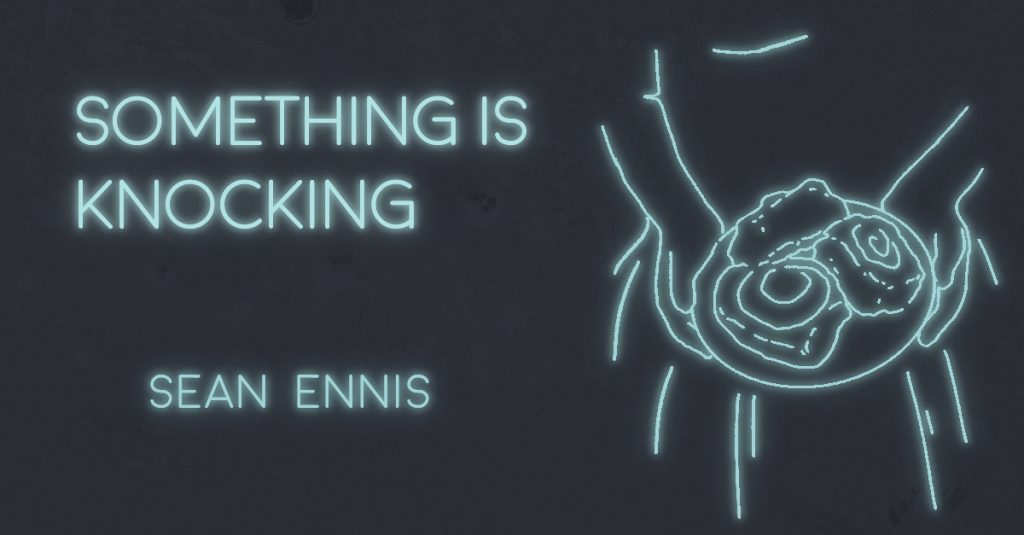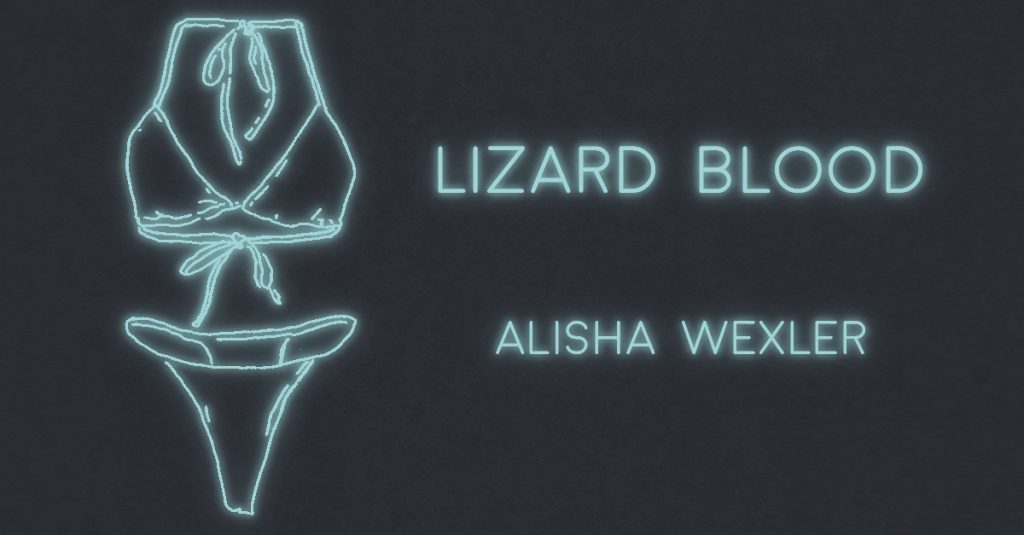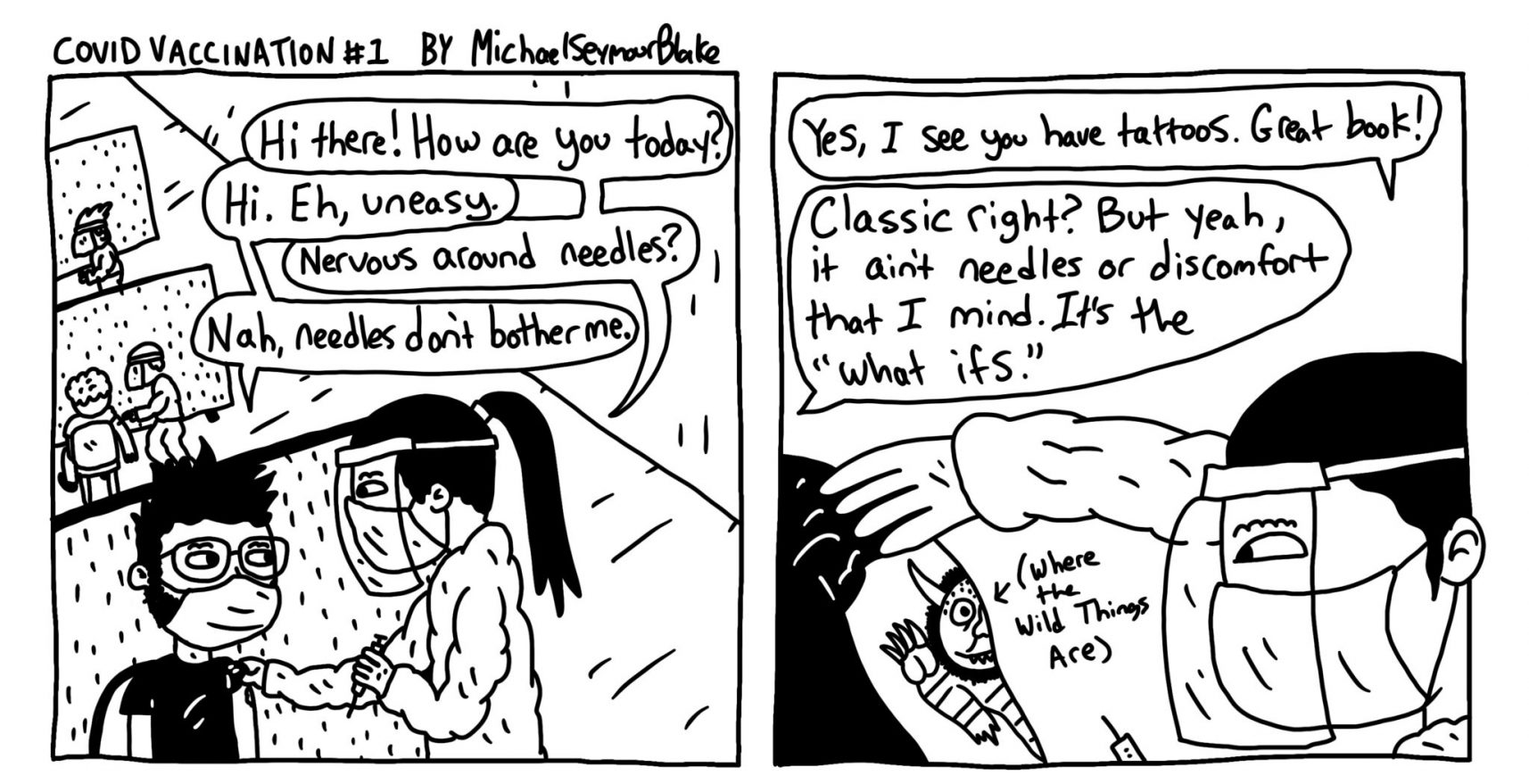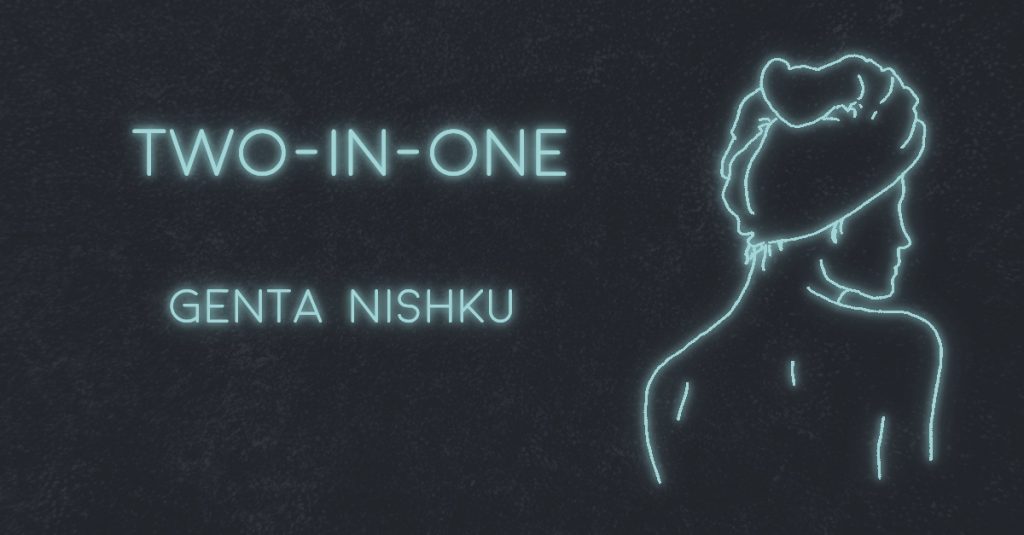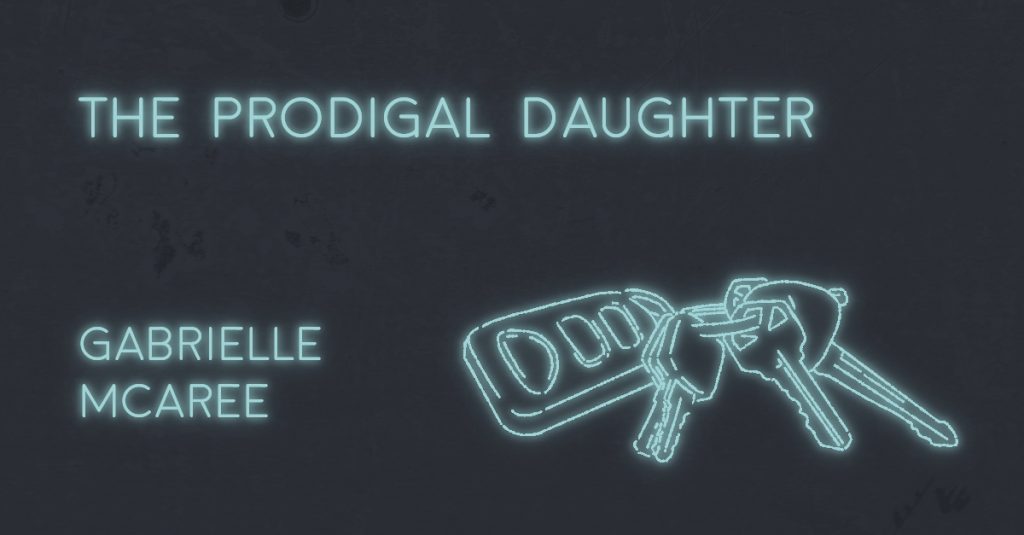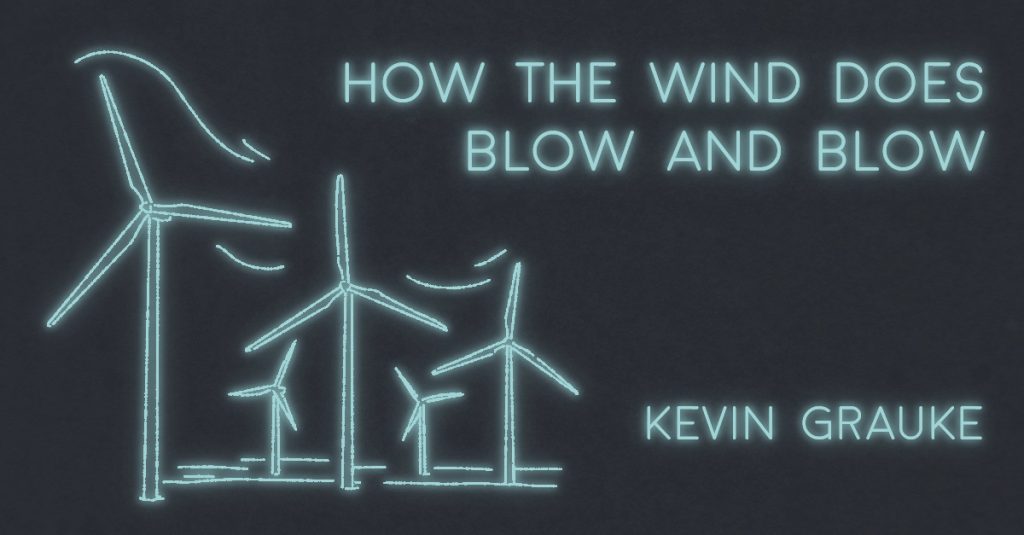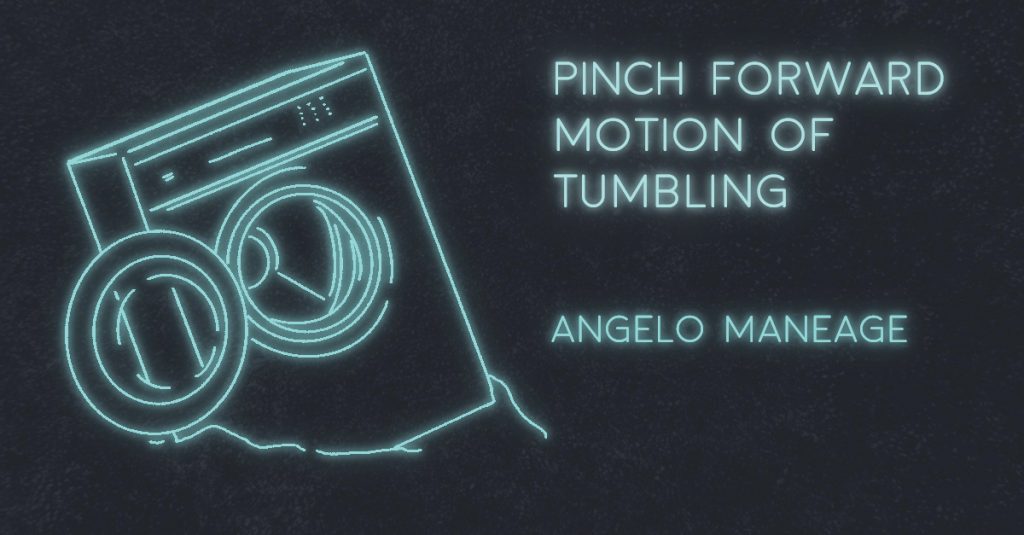
PINCH FORWARD MOTION OF TUMBLING by Angelo Maneage
Now we are walking down the riverbank and we still hear a dryer. I am confused by this. My mom says you should never get wet clothes but there is a garage sale by the riverbank where they are cheap. My mom says do not buy the clothes because they will be wet. I hadn’t even bought anything yet before she told me that they will be better if they are already dry. There were barely any things to buy. My mom kept saying go on buy them then she ran the dryer and looked at me. + Standing idle…

